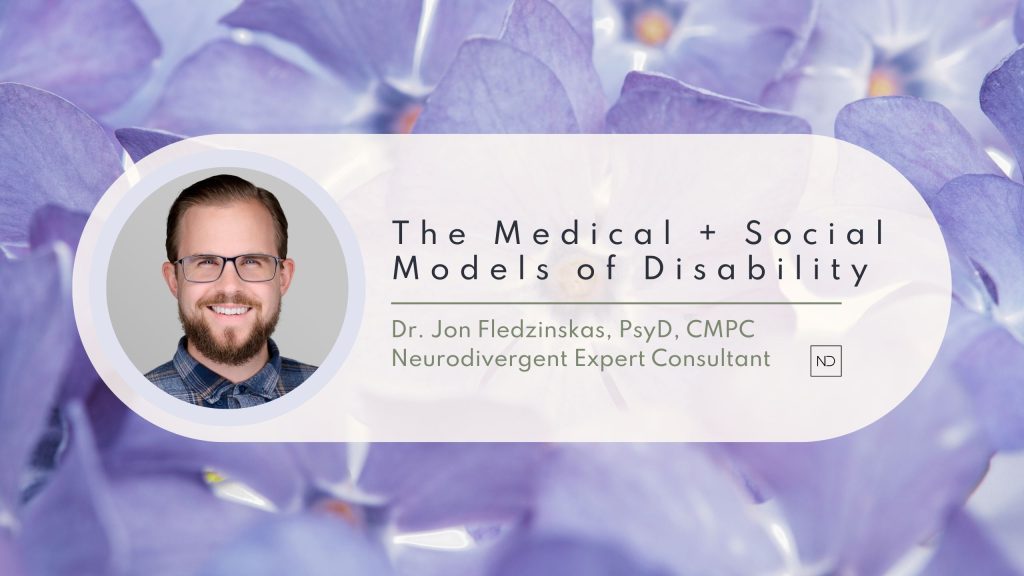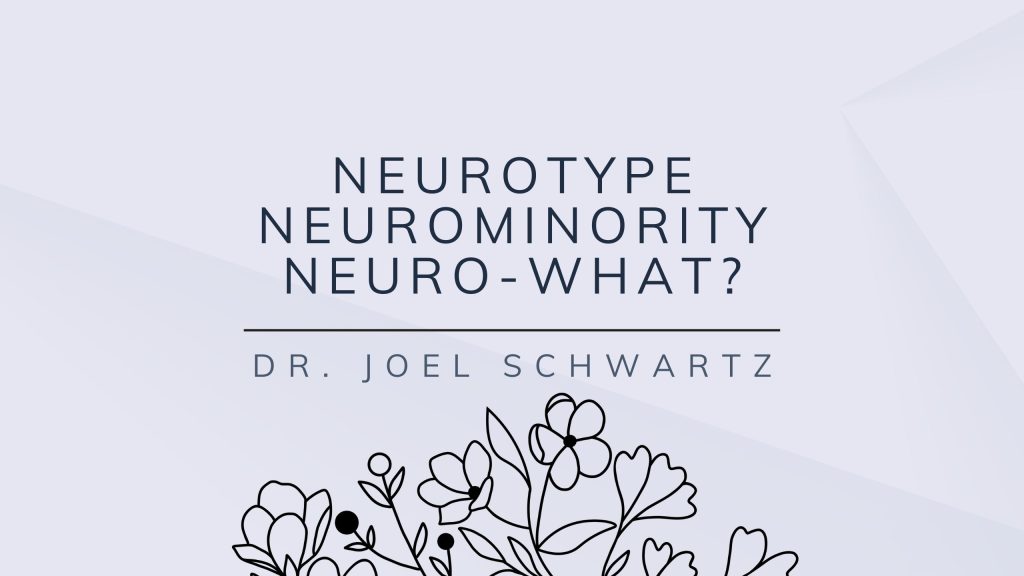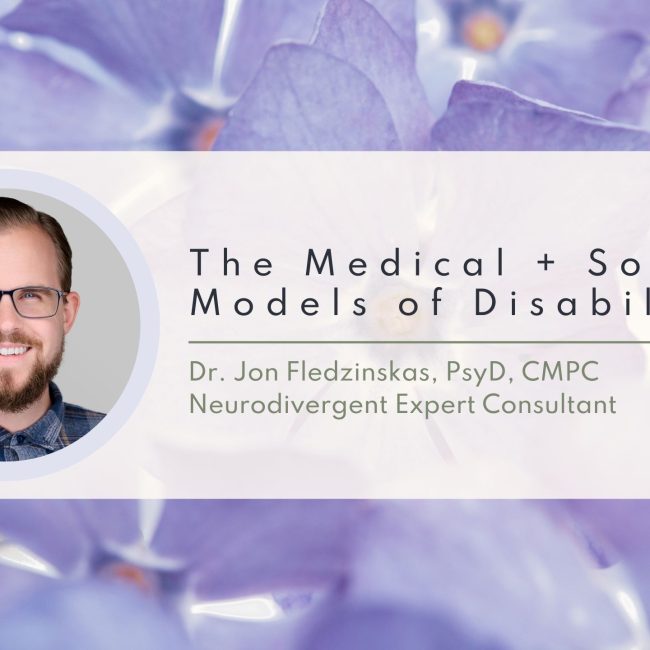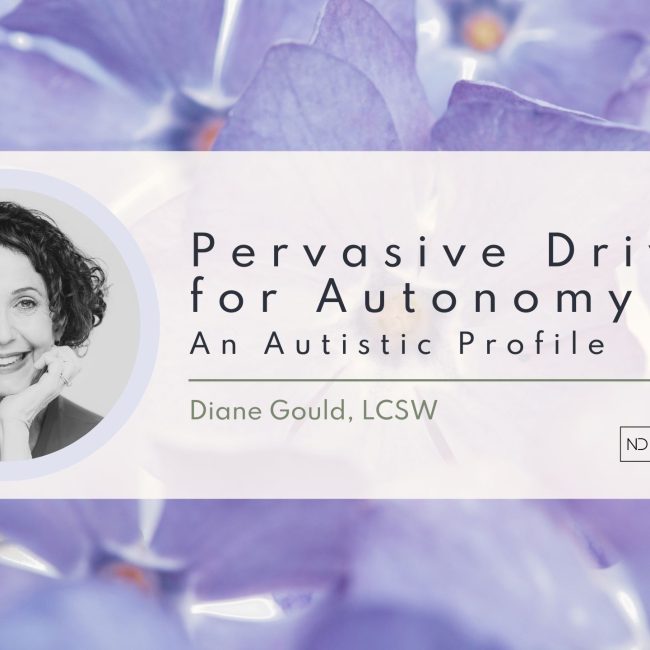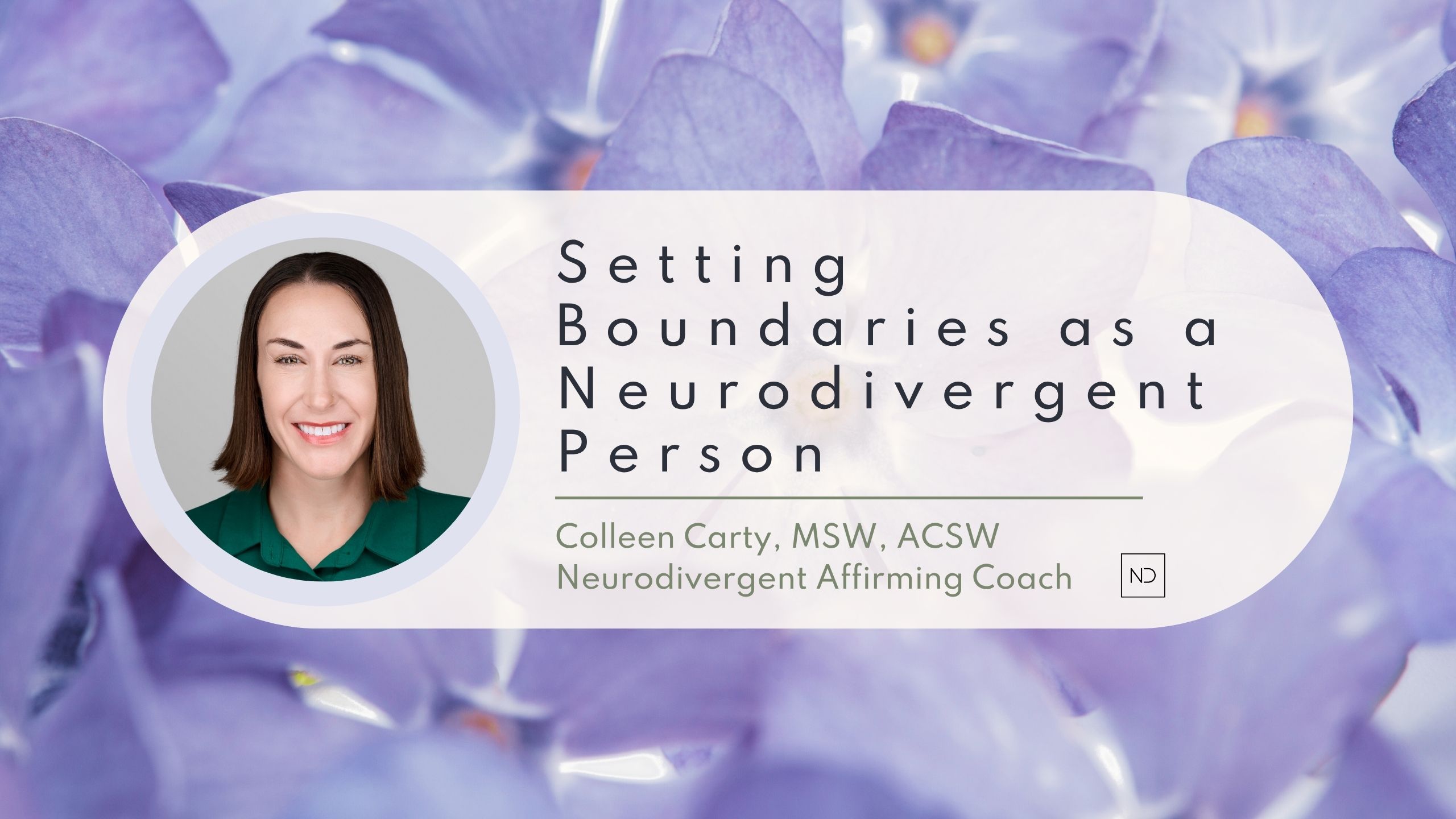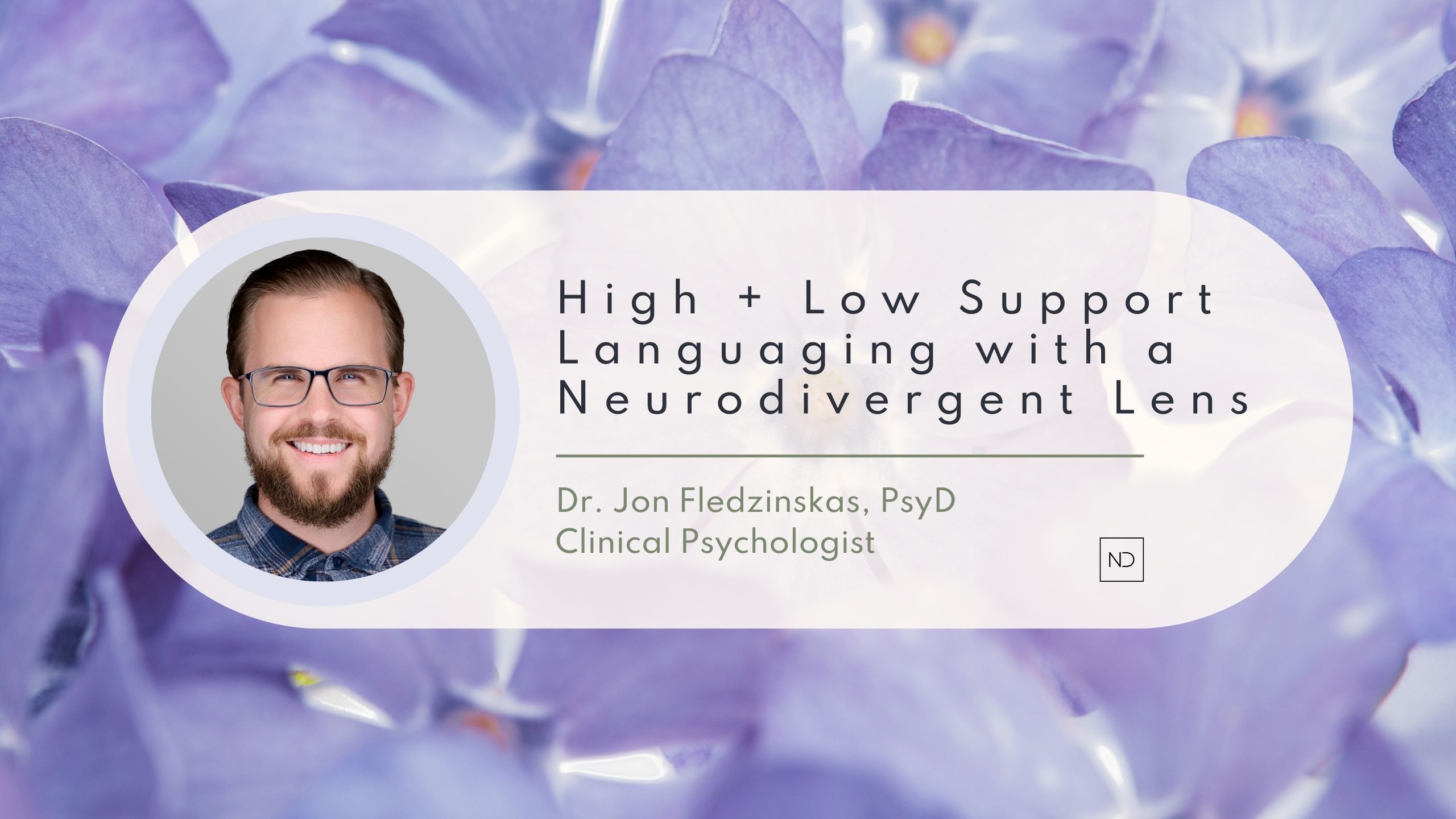
High + low support languaging with a neurodivergent lens
Written by: Jon Fledzinskas, PsyD | Clinical Psychologist
We all have demands of daily living and tasks to complete, sometimes set by ourselves but most often required by external pressures (work, school, government, family and friends, health, etc.). Being able to address tasks and complete them can result in us being labeled as “functioning” in our society. Functioning labels are ascribed to people that demonstrate traits considered meaningful, useful, and sometimes even “normal.” There are quite a few problems we run into when trying to employ this line of thinking, however. Here are some key points to consider:
- FIRST :: Who is defining what functioning means? There must be a context when using this label, and it has been used to disenfranchise neurodivergent folks that do not meet the individualistic, neurotypical standards set by our culture. Many neurodivergent people have been shamed for not meeting criteria set for them, but not by them.
- SECOND :: What is the utility of determining if someone is “low” or “high” functioning? Functioning labels can place a lack of emphasis and recognition on the needs of those who are able to complete their work and mask in a variety of environments. These people deemed “high functioning” are often suffering from invisible stress, anxiety, and burnout. Their needs matter! “Low functioning” labels can hinder our ability to recognize the capacity to which neurodivergent folks are able to learn, communicate, and exist. If we assume someone is low functioning based on ableist beliefs and neurotypical norms, we are attacking their sense of agency and not respecting their own ways of relating. The utility of these labels is ultimately to recognize the amount and types of supports / accommodations needed – this is possible without the stigma and bias attached to the labels themselves.
https://graymattersmd.com/functioning-labels-autism/
- THIRD :: How can we understand contextual and neurotype factors better to help support neurodivergent clients? When someone is unable to complete a task, we must be curious as to what barriers prevented them from doing so. Was the environment conducive to their learning, sensory needs, and communication? Was their communication preference honored and utilized? Did they have adequate energy and access to people that could support them? Did they fully understand the task at hand, including all steps, rationale, and all possible ways to complete the work? Were the materials used to learn or complete the work accessible and helpful for the person? This list could go on.
- FOURTH :: People do well when they can, not if they simply “want to.” This line of thinking is what Ross Greene asked us to align with when working with children in his Collaborative and Proactive Solutions approach (and laden through his book The Explosive Child). If someone is unable to get started, stay focused, complete a task, or meet the expectation of another person, it’s because they couldn’t in that moment! This is why when we start to use support needs language instead of functioning labels, we progress toward more empowerment and exploration instead of criticizing and placing the blame on someone.
High and low support needs are terms that can replace high and low functioning labels. Every single person’s need for supports will vary, as the Autistic and ADHD neurotypes have been coined as “disabilities of variability.” Unique energy levels, capacity, executive function, and support needs will rise and fall depending on the day, time, environment, and these aforementioned personal factors. Ensuring clients’ needs are explored and understand in any given instance where they are tasked with completing some form of task is crucial in effectively supporting them. Giving neurodivergent folks affirming language, improved awareness of needs, and access to systems of support empowers them to move forward in a more secure, connected manner.
Do you have a question?
Send us a message


